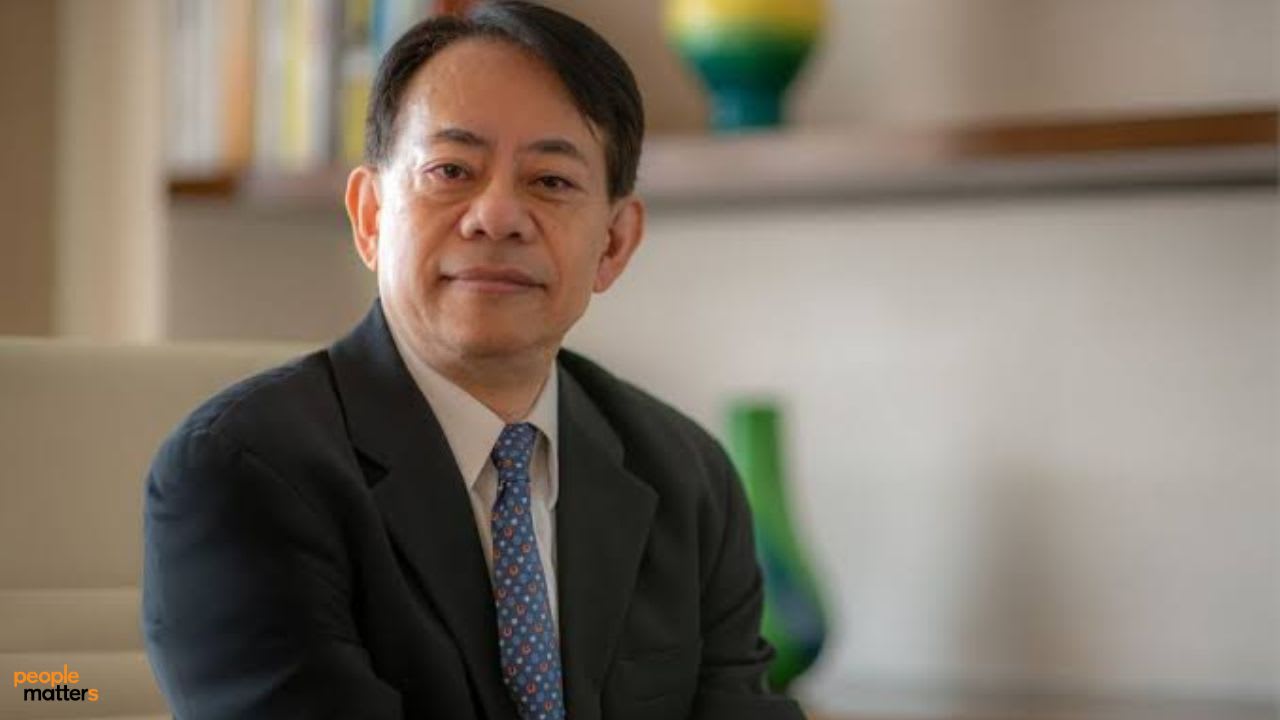Asian Development Bank president to step down, hopeful of new leadership

MANILA – The president of Asian Development Bank has revealed plans to step down by 23 February 2025, expressing hope for a new leadership that would “bring fresh perspectives and renewed energy” to the work of the institution.
Masatsugu Asakawa, who became president in January 2020, announced his decision to resign on Monday, stating: “It has been a profound honour to serve as president of ADB.”
Asakawa steered ADB through the pandemic and towards a greater focus on climate finance. Under his leadership, ADB aimed to foster resilience in Asia Pacific amid changing realities in the region, such as geopolitical and climate risks.
“I am deeply grateful for the support of our Board, member governments, and the dedication of our staff in delivering on ADB’s mission to promote inclusive, resilient, and sustainable growth,” he said.
“After careful reflection, I believe the time is right for new leadership to bring fresh perspectives and renewed energy to this essential work.
“By announcing my resignation now, I aim to ensure a smooth and orderly transition of leadership … As I prepare to conclude my tenure, I take great pride in what we have accomplished together,” Asakawa said.
Greater focus on climate finance at ADB
Before the announcement of Asakawa's departure, ADB last week unveiled its new goal of allocating 50% of its annual lending to climate finance by 2030, while ramping up private sector capital. The revised target is up from 35%.
The move is part of ADB’s pivot to become “the climate change bank” of Asia, according to the lender’s strategy director Tomoyuki Kimura, who worked on the new target.
ADB said it is collaborating with a diverse range of private sector partners, such as investment funds and philanthropic groups, to fast-track the financing of climate action and risk reduction in the region.
“Cascading shocks have derailed years of development progress in Asia and the Pacific,” Asakawa said of the rationale behind the new target.
“ADB is updating its vision, expanding its financial capacity and modernising its operational approach to help its members respond to these unprecedented challenges.”
Potential successor for Asakawa
Reacting to the news of Asakawa’s resignation, the Japanese government said it plans to endorse the country’s former vice minister of finance for international affairs, Kanda Masato, to become Asakawa’s successor at ADB. Kanda played a key role in reining in the yen’s depreciation.
In a statement, ADB said the selection of a new president will adhere to “an open, transparent, and merit-based process,” consistent with the values and character of the institution.


